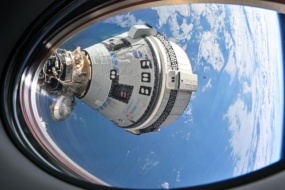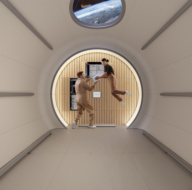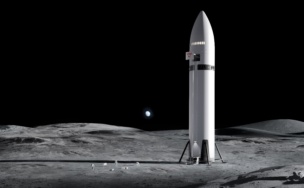The FCC is cracking down on spent satellites left in LEO. In a draft report and order released yesterday, the commission revealed plans to cut the post-mission disposal time from the currently recommended 25 years to five years.
The growing debris problem: The DoD’s Space Surveillance Network currently tracks ~27,000 pieces of debris larger than 5 cm in LEO. NASA estimates that there are more than 100M total pieces of debris floating around up there. And the number of active satellites is increasing.
Over the next decade, if government licenses and financial statements are anything to go off of, tens of thousands of satellites are destined for high-demand tracks in LEO. Mitigating the possibility of collisions between objects in space is critical for protecting those operational satellites—and getting spent satellites out of the way in a timely manner is a step towards preventing unnecessary collisions.
Taking out the trash: The FCC’s draft rule would require satellite operators to deorbit their spacecraft within five years post-mission.
- This requirement would extend to any spacecraft that transmits data to the US.
- Waivers will be available, particularly for small experimental missions that don’t have the resources for onboard propulsion.
- The regulation will kick into full force after a two-year grandfathering period once/if the rule is passed.
If adopted, the rule would require more satellite operators to adopt onboard propulsion systems. Until now, a satellite circling the Earth at 500 km wouldn’t necessarily need its own propulsion, since it would naturally deorbit due to atmospheric drag after ~10 years. That won’t always fly anymore with a 5-year deorbit requirement.
Looking for more on orbital debris? Check out Part 1 and Part 2 of our deep dive, and keep your eyes peeled for Part 3 coming next week.





